1709
0
4 minutes
Suggested Articles

First-generation Ivy Leaguers triumph over unique college challenges
Discover key insights, life hacks, and data-driven tips for first-generation college students thriving in prestigious U.S. universities. Find practical strategies, unique challenges, and fresh perspectives essential for student success.
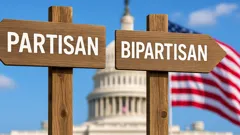
Partisan vs Bipartisan: Understanding Political Terms in Real Life
Voter Information
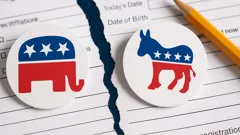
How Education Became the Sharpest Fault Line in American Politics
News & Updates

Young voters ignite a powerful wave of change at the polls
Civic Education
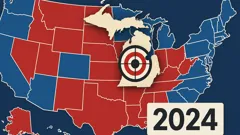
How Swing States Have Shifted and Why They Still Rule Elections
News & Updates
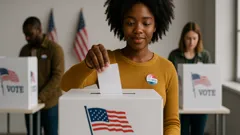
Voter and Civic Education: The Cornerstones of True Democracy
Civic Education

Families and neighbors rediscover unity as they break political silence together
Civic Education
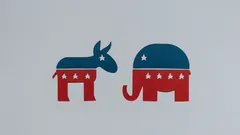
Inside Congress’s rare moments of bipartisanship and why they matter
Civic Education
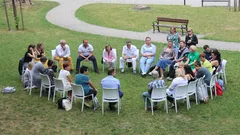
Community leaders unlock progress as neighbors join forces for local change
Civic Education
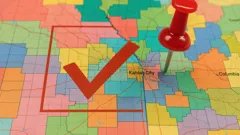
Redistricting: How US Voting Districts Change Every Decade
Civic Education

Students and educators defend free speech as campus politics reshape college life
Civic Education

First-generation Ivy Leaguers triumph over unique college challenges
Hiring

Americans brace for possible Social Security cuts that reshape retirement
News & Updates

Why this Florida data leak changes how we think about privacy
News & Updates

Build your own AI chatbot and unlock hands-on tech superpowers
Resources & Tools

How to outsmart hidden medical expenses in your golden years
Civic Education

California workers secure jobs this summer with new 2025 laws
Hiring
 Love Women Vibes
Love Women Vibes

Comments